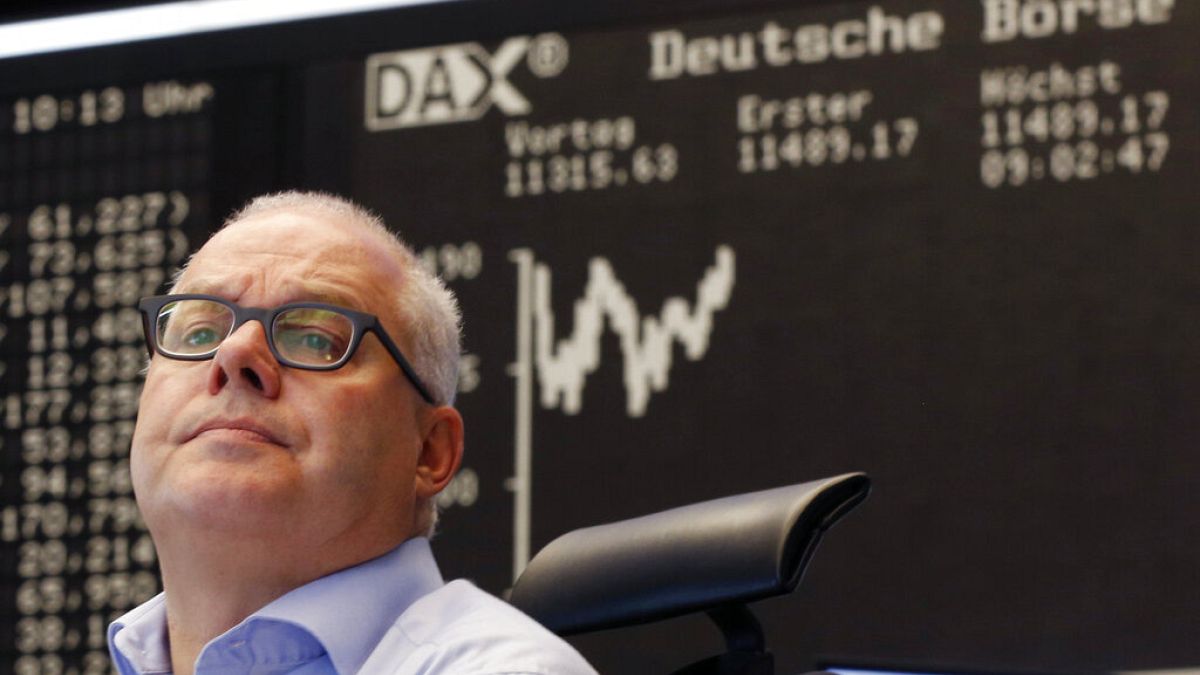As interest rates fall, European stocks in sectors such as financials, consumer discretionary, and industrials tend to outperform. These sectors benefit from lower borrowing costs, increased consumer spending, and higher capital investments, driving market gains.
Historically, certain European stocks and sectors have thrived during periods of interest rate cuts, particularly when central banks ease monetary policy without the backdrop of a recession.
These cycles, driven by a need to stimulate growth and manage inflation, have been favourable to equities, especially in sectors sensitive to lower borrowing costs.
Globally, central banks, led by the Federal Reserve, are recalibrating monetary policies to counter inflationary pressures while supporting growth, and Europe is no exception.
As the European Central Bank (ECB) embarks on a fresh cycle of rate cuts, investors are paying close attention to which sectors and stocks may benefit. In September, the ECB reduced rates by 0.25 percentage points to 3.5%, and another cut is widely anticipated at the October meeting as inflation fell below the 2% target and the economic momentum weakened.
Which European sectors and companies have historically delivered superior returns during interest rate cut periods, and how have they performed over the past month?
Impact of rate cuts on markets
Interest rate cuts influence both the real economy and financial markets.
By reducing the cost of borrowing, central banks aim to encourage spending and investment by households and businesses. In financial markets, however, rate cuts tend to boost sectors most sensitive to changes in credit conditions.
Historical data suggests that European stocks generally perform better during non-recessionary rate-cut cycles, as shown last month in this article.
European stocks tend to perform better during non-recessionary periods, showing significant gains three and six months after the first cut. Conversely, during recessionary phases, market reactions have been more subdued and volatile.
Following the Fed’s first rate cuts, the Euro Stoxx 50 index showed the following performance:
Analysts agree that this current rate-cutting cycle is more aligned with economic growth, making it more favourable for equities.
“We are entering a more benign part of the cycle with a continuation of economic growth alongside lower policy rates – a combination that has historically been positive for equities,” said Peter Oppenheimer, an analyst at Goldman Sachs.
Top-performing European stocks during non-recessionary rate cuts
Some European companies tend to outperform following interest rate cuts in cycles not followed by a US recession.
According to historical data compiled by Bank of America, the following companies that are part of the Euro STOXX 600 index have historically outperformed the market after the initial Fed rate cut:
Sectors benefiting from rate cuts
Over the past month, European sectors that have outperformed include materials, financials, property and consumer discretionary.
These cyclical sectors tend to benefit from lower interest rates, as they are sensitive to changes in economic activity and credit conditions.
Goldman Sachs analysts observed: “Interest rate cuts have supported higher leverage pockets of the market this month, with real estate being one of the top-performing sectors.”
The following European stocks have delivered notable returns over the past month, reflecting market optimism in response to the ECB’s rate cuts:
Top 10 Performing European Stocks Over the Last Month:
- Compagnie du Cambodge (France, Industrials): +31.08%
- Delivery Hero SE (Germany, Consumer Discretionary): +30.93%
- Zalando SE (Germany, Consumer Discretionary): +29.60%
- Unipol Gruppo S.p.A. (Italy, Financials): +25.83%
- Prosus N.V. (Netherlands, Consumer Discretionary): +19.78%
- BPER Banca SpA (Italy, Financials): +19.67%
- Siemens Energy AG (Germany, Industrials): +18.69%
- Telefonaktiebolaget LM Ericsson (Sweden, Information Technology): +16.36%
- Daimler Truck Holding AG (Germany, Industrials): +15.71%
- Fresnillo pic (United Kingdom, Materials): +15.23%
Conclusion
As the European Central Bank continues its easing cycle, history suggests that certain sectors and stocks may benefit, particularly those sensitive to changes in borrowing costs.
Cyclical sectors have historically thrived during non-recessionary rate-cut environments, as lower interest rates tend to stimulate consumer spending and investment.
However, it’s crucial to note that past performance is not necessarily indicative of future returns. Financial conditions can change rapidly, and the arrival of an economic recession could completely alter market sentiment.

